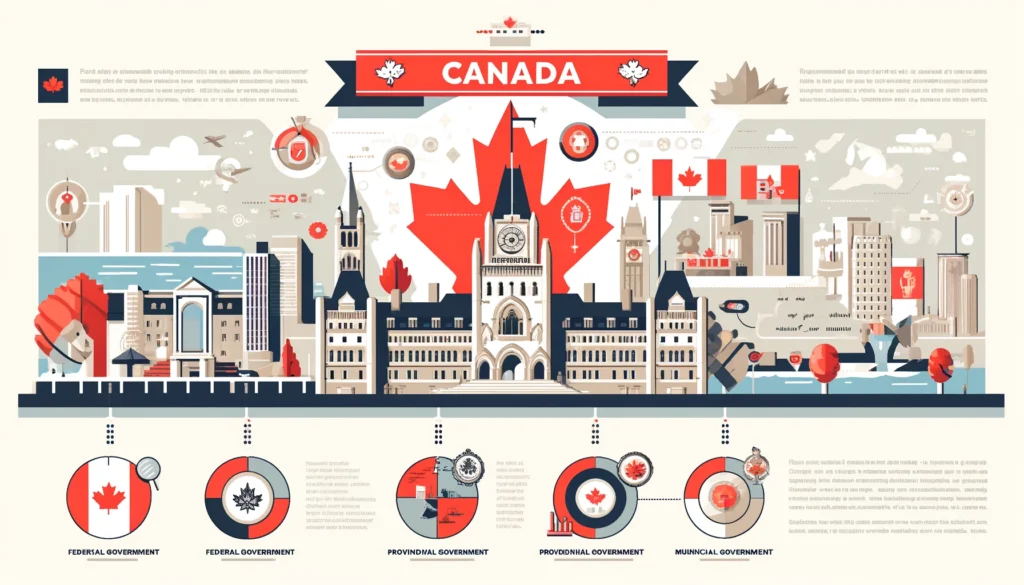Canada to Miss Deadline for Citizenship by Descent Changes

Canada to Miss Deadline for Citizenship by Descent Changes
The federal government will miss the extended deadline to change the second-generation cut-off provision regarding citizenship by descent.
Governor General Mary Simon has prorogued Parliament until March 24, 2025, so the federal government cannot amend the Citizenship Act before the most recent deadline of March 19, 2025.
Current “lost Canadians”—those who may be entitled to Canadian citizenship but have not been granted it due to specific provisions in citizenship law—will have to wait even longer for the anticipated legislative changes.
Background
The Ontario Superior Court of Justice has ruled the second-generation cut-off provisions of the Citizenship Act unconstitutional and has instructed the federal government to amend the legislation.
Under the current second-generation cut-off, established in 2009, Canadian citizens who gained citizenship by descent when born abroad cannot pass on their citizenship by descent to their children born abroad.
Canadian citizens who have been born in Canada or have been naturalized are not affected by this limitation.
The Ontario Superior Court of Justice ruled the second-generation cut-off provisions of the Citizenship Act unconstitutional in Dec of 2023 and, at that time, granted the federal government a grace period of six months to amend the Citizenship Act.
The Court has since extended the deadline thrice, most recently to March 19, 2025.
On January 6, 2025, Prime Minister Justin Trudeau announced his resignation as leader of the Liberal Party of Canada and requested Simon to prorogue Parliament until March 24, 2025.
In May 2024, the government introduced Bill C-71, which would allow for citizenship by descent to the second generation, provided that the child’s parent spent at least 1,095 days in Canada before the child’s birth or adoption.
Bill C-71 has not become law. When Parliament is prorogued, all current bills die. It’s possible that Bill C-71 may never be reintroduced after Parliament resumes session.
What will happen if the government misses the deadline?
If the government misses the deadline, the Ontario Superior Court of Justice could either
- Extend the deadline; or
- Strike down or read down the offending portions of the Citizenship Act.
If the deadline is extended, the second-generation cutoff provisions of the Citizenship Act will remain in effect until either the legislative changes have been introduced or the extended deadline has been missed.
Suppose the deadline is missed and not extended. In that case, the Ontario Superior Court of Justice may strike down or read down the offending portions of the legislation, rendering the second-generation cutoff provisions inoperative.
What can those affected do for the time being?
Immigration, Refugees and Citizenship Canada has introduced interim measures that may assist some people affected by the second-generation cutoff provisions.
Lost Canadians can apply for a discretionary grant of citizenship if they fall into one of two scenarios:
- First Scenario: The applicant has submitted proof of citizenship application that would be affected by the second-generation cutoff legislative change and has requested urgent processing.
- Second Scenario: The applicant has a proof of citizenship application in process, identified by IRCC as affected by the second-generation cutoff provisions. IRCC had previously de-prioritized this application pending the legislative changes, but the applicant has since requested urgent processing.
- Applicants can request urgent processing for one of the following reasons:
- They urgently require access to benefits afforded by citizenship (e.g., health care coverage, a Social Insurance Number (SIN), a pension).
- They need proof of citizenship to get a job.
- They need to leave or return to Canada on account of illness or death in their family.
What is the Second-Generation Cut-Off in Canadian Citizenship Law?
The second-generation cut-off provision was introduced in 2009 and prevents Canadian citizens born abroad from passing their citizenship to children also born abroad.
Who is Affected?
- Impacted: Canadian citizens who obtained citizenship by descent.
- Not Impacted: Canadian citizens born in Canada or naturalized through immigration.
The provision has been ruled unconstitutional by the Ontario Superior Court of Justice, but repeated delays have postponed necessary amendments to the Citizenship Act.
Key Developments Leading to the Current Situation
Ontario Superior Court Decision: In December 2023, the court ruled the second-generation cut-off unconstitutional, granting the federal government six months to amend the Citizenship Act.
Extension of Deadlines: The court has extended the deadline three times, most recently to March 19, 2025.
Proroguing of Parliament: On January 6, 2025, Prime Minister Justin Trudeau’s resignation and the proroguing of Parliament until March 24, 2025, made meeting the deadline impossible.
Introduction of Bill C-71: Proposed in May 2024, this bill aimed to extend citizenship by descent to the second generation, provided the parent lived in Canada for at least 1,095 days before the child’s birth or adoption. However, with Parliament prorogued, the bill is effectively dead.

What Happens If the Government Misses the Deadline?
If the federal government fails to meet the March 19 deadline, the Ontario Superior Court of Justice may:
- Extend the Deadline Again: This would keep the second-generation cut-off provisions in effect until further changes are implemented.
- Strike Down the Provisions: If no extension is granted, the court could strike down or “read down” the offending sections of the Citizenship Act, rendering the provisions inoperative.
What Interim Measures Are Available for Lost Canadians?
While waiting for legislative changes, Immigration, Refugees, and Citizenship Canada (IRCC) has introduced interim measures to help some affected individuals.
Who Can Apply for a Discretionary Grant of Citizenship?
- Applicants who have submitted a proof of citizenship application and requested urgent processing.
- Applicants with proof of citizenship application affected by the second-generation cut-off provisions have requested urgent processing due to a delay.
Valid Reasons for Urgent Processing:
- Immediate need for citizenship benefits, such as healthcare, pensions, or a Social Insurance Number (SIN).
- Proof of citizenship is required for employment.
- Travel emergencies related to illness or death in the family.
If you fall into one of these categories, consult with Prestige Law Group to expedite your application and maximize your chances of success.
Why This Delay Matters for Lost Canadians
This ongoing delay exacerbates the challenges faced by Lost Canadians, leaving them in a state of uncertainty. The inability to pass down citizenship impacts access to essential rights and privileges, including healthcare, education, and legal employment.
How Prestige Law Group Can Help
At Prestige Law Group, we specialize in Canadian immigration law and citizenship cases. If the second-generation cut-off impacts you, we can help you:
- Understand Your Rights: Navigate the complexities of citizenship law with expert guidance.
- File Urgent Requests: Ensure your application for discretionary citizenship grants is prioritized.
- Prepare for Legal Outcomes: Avoid potential court decisions and legislative changes.
With years of experience in immigration and citizenship law, Prestige Law Group (prestigelaw.ca) is your trusted partner in resolving citizenship issues.
FAQs
1. What is the second-generation cut-off provision?
This provision prevents Canadian citizens born abroad from passing citizenship by descent to their children also born abroad.
2. Why is the second-generation cut-off unconstitutional?
The Ontario Superior Court ruled it discriminatory, as it creates unequal access to citizenship for Canadians based on their place of birth.
3. What happens if the government misses the March 19, 2025 deadline?
The court may extend the deadline or strike down the offending provisions, potentially invalidating the second-generation cut-off.
4. What interim options are available for Lost Canadians?
Affected individuals can apply for a discretionary grant of citizenship through IRCC, especially if they urgently require citizenship benefits.
5. How can I request urgent processing for my application?
Submit a proof of citizenship application with documented reasons for urgency, such as needing healthcare, a SIN, or employment proof.
6. How can Prestige Law Group assist me?
Prestige Law Group provides personalized legal support, helping you file applications, navigate complex laws, and secure your rights to Canadian citizenship.




